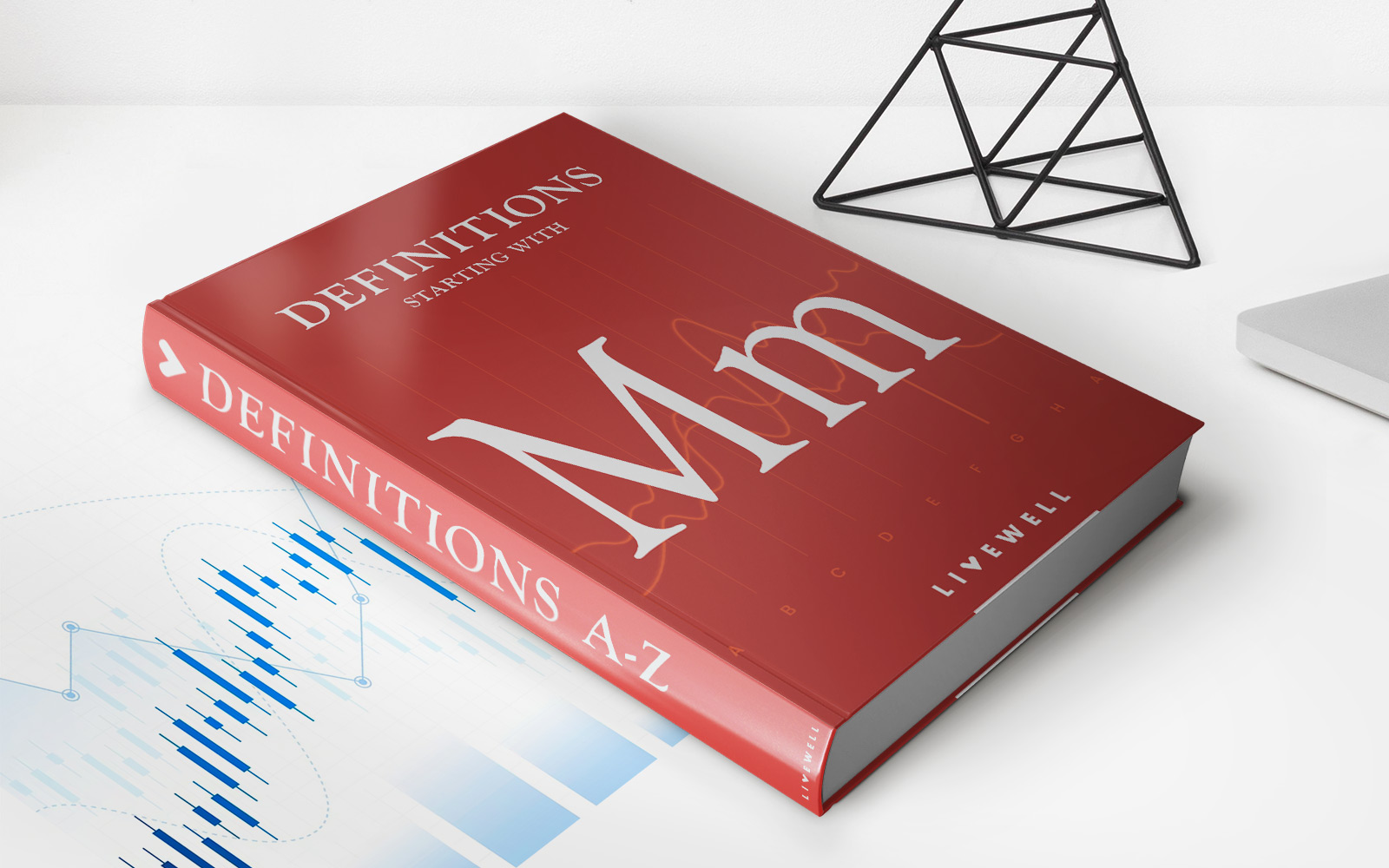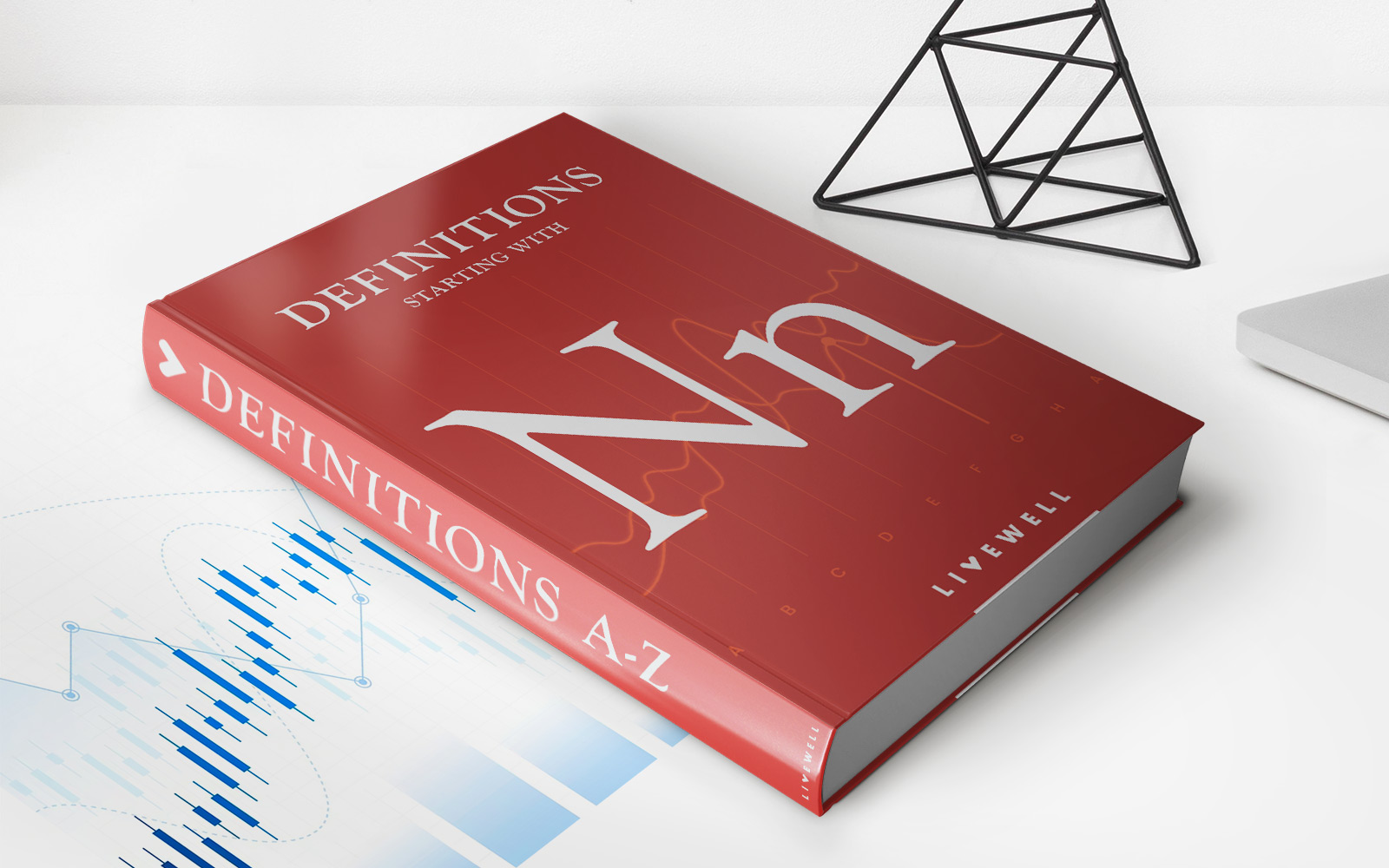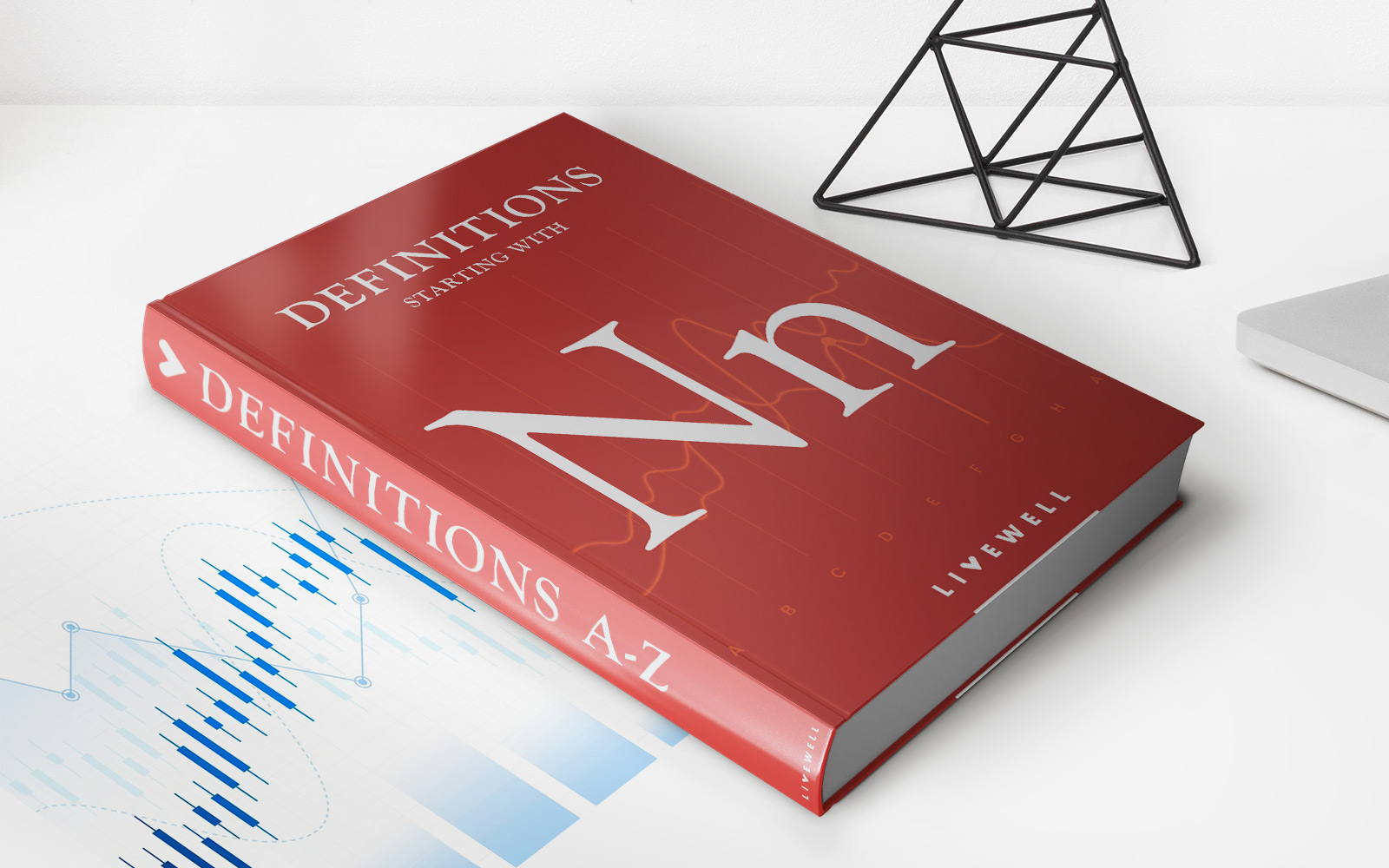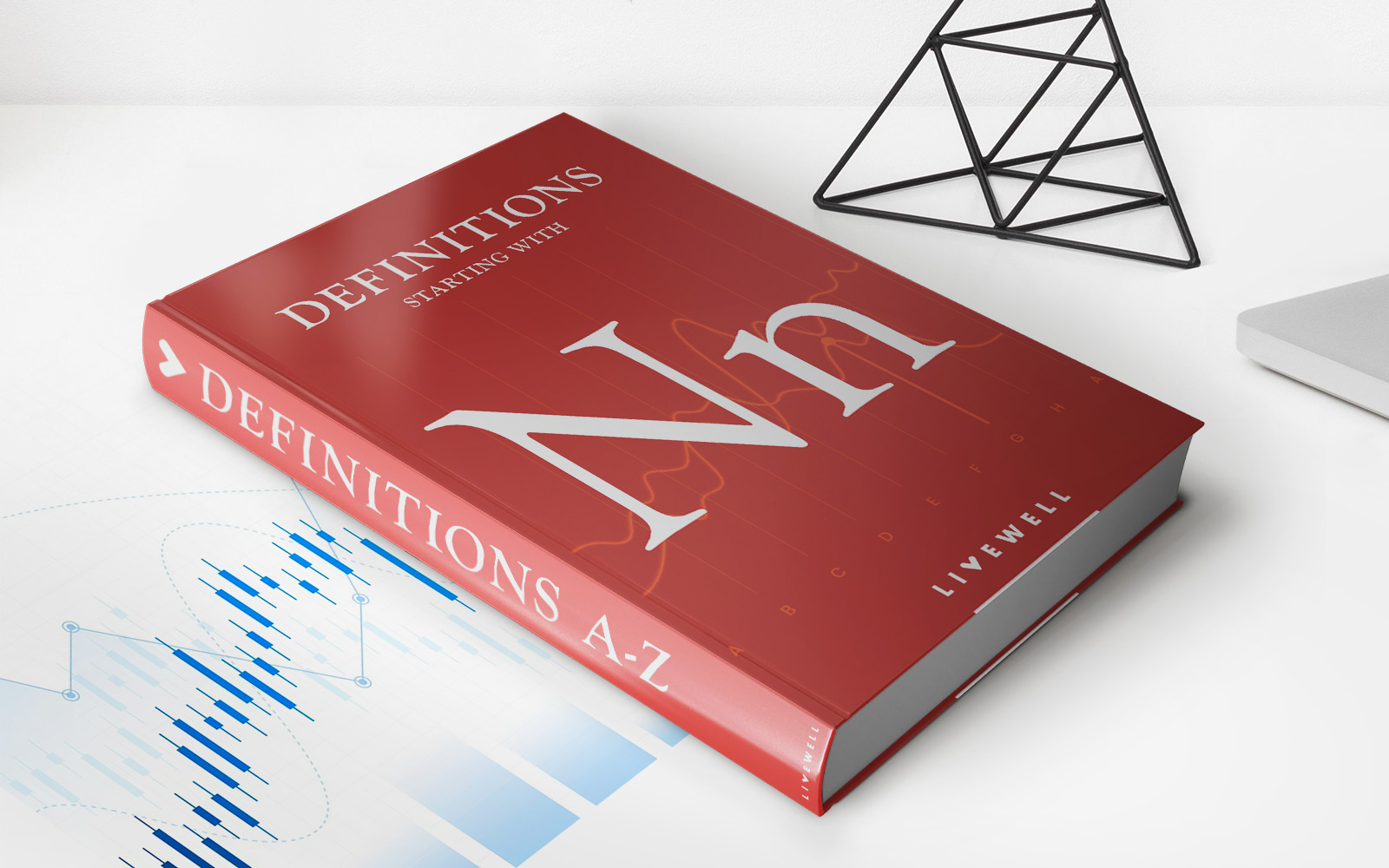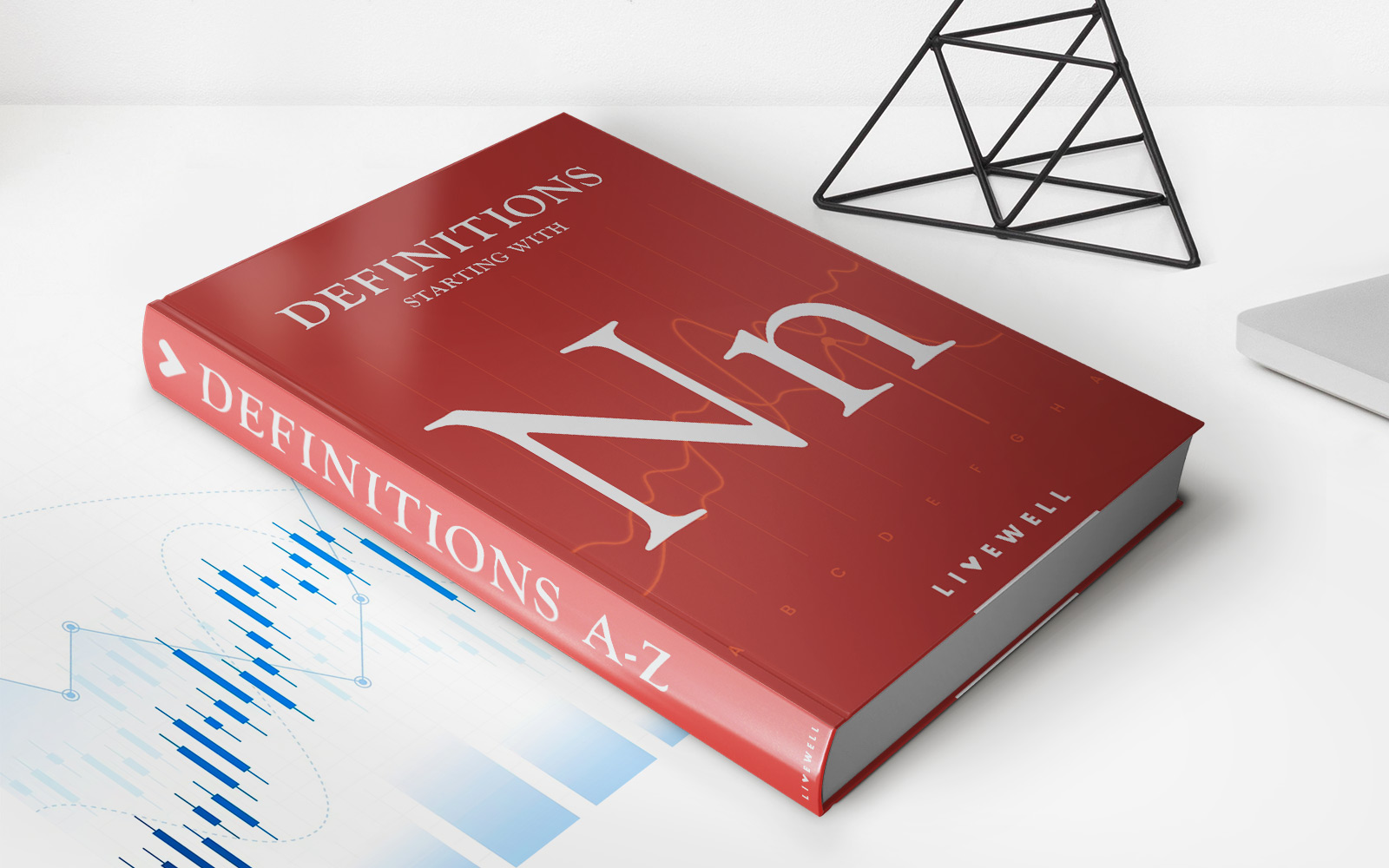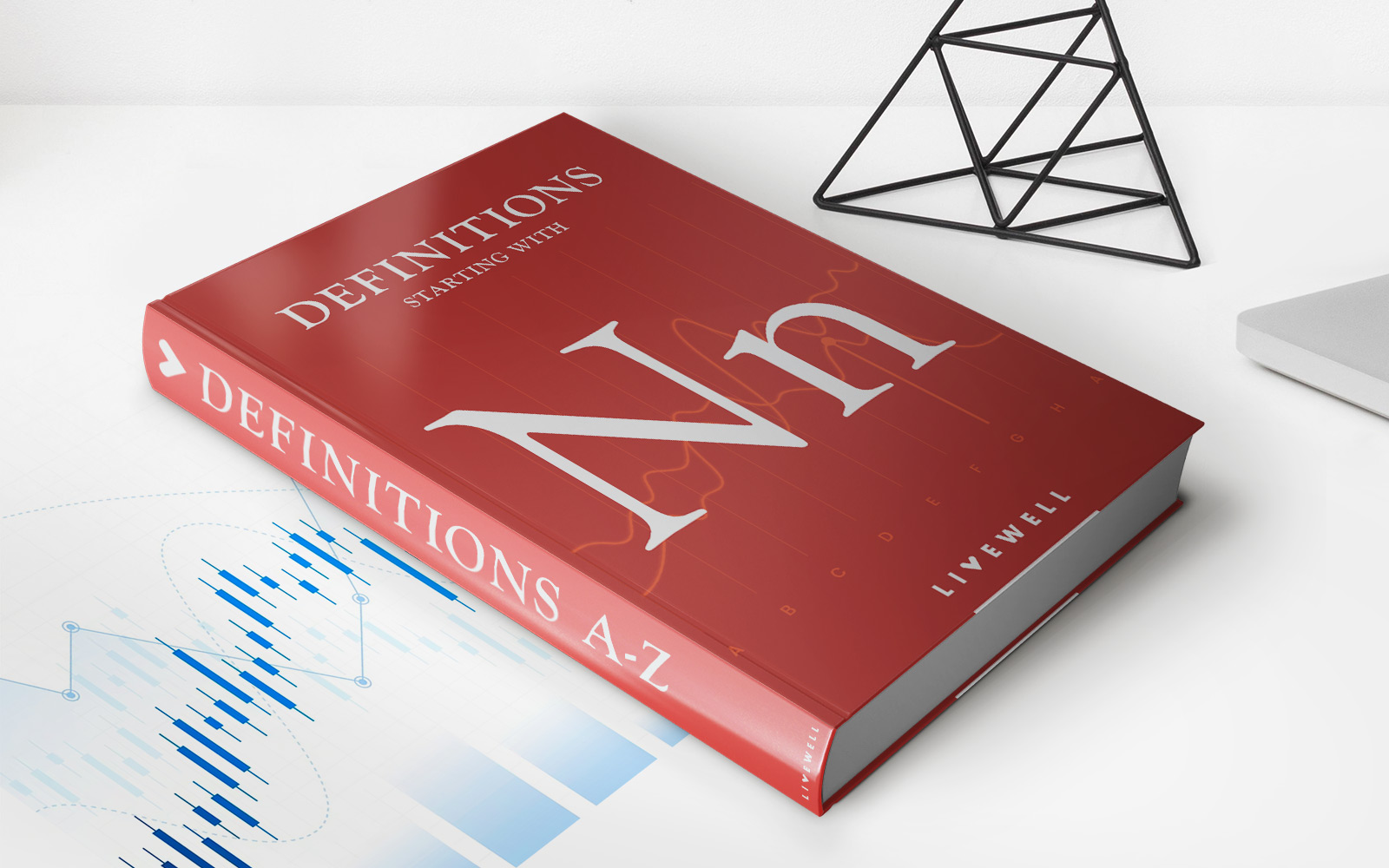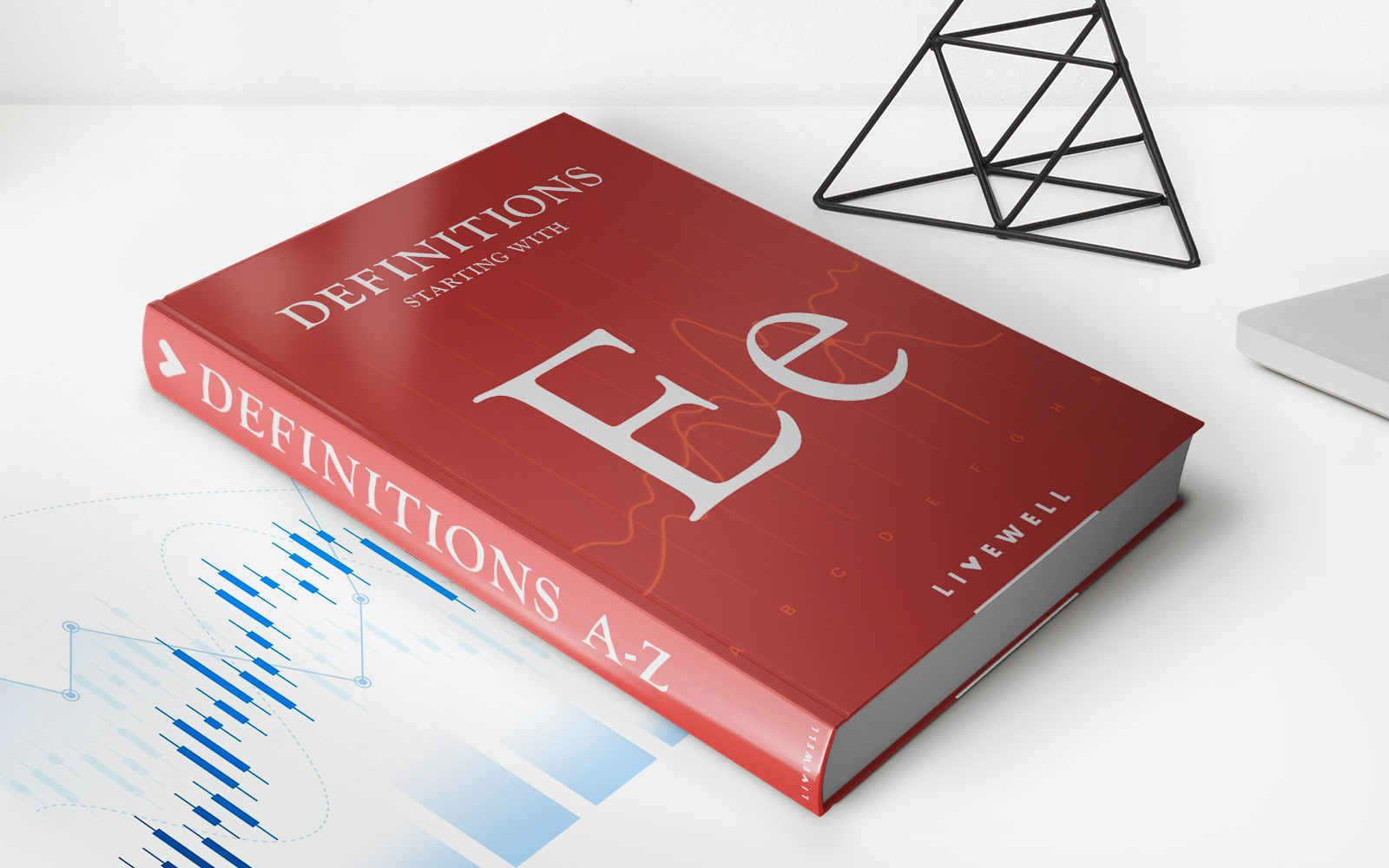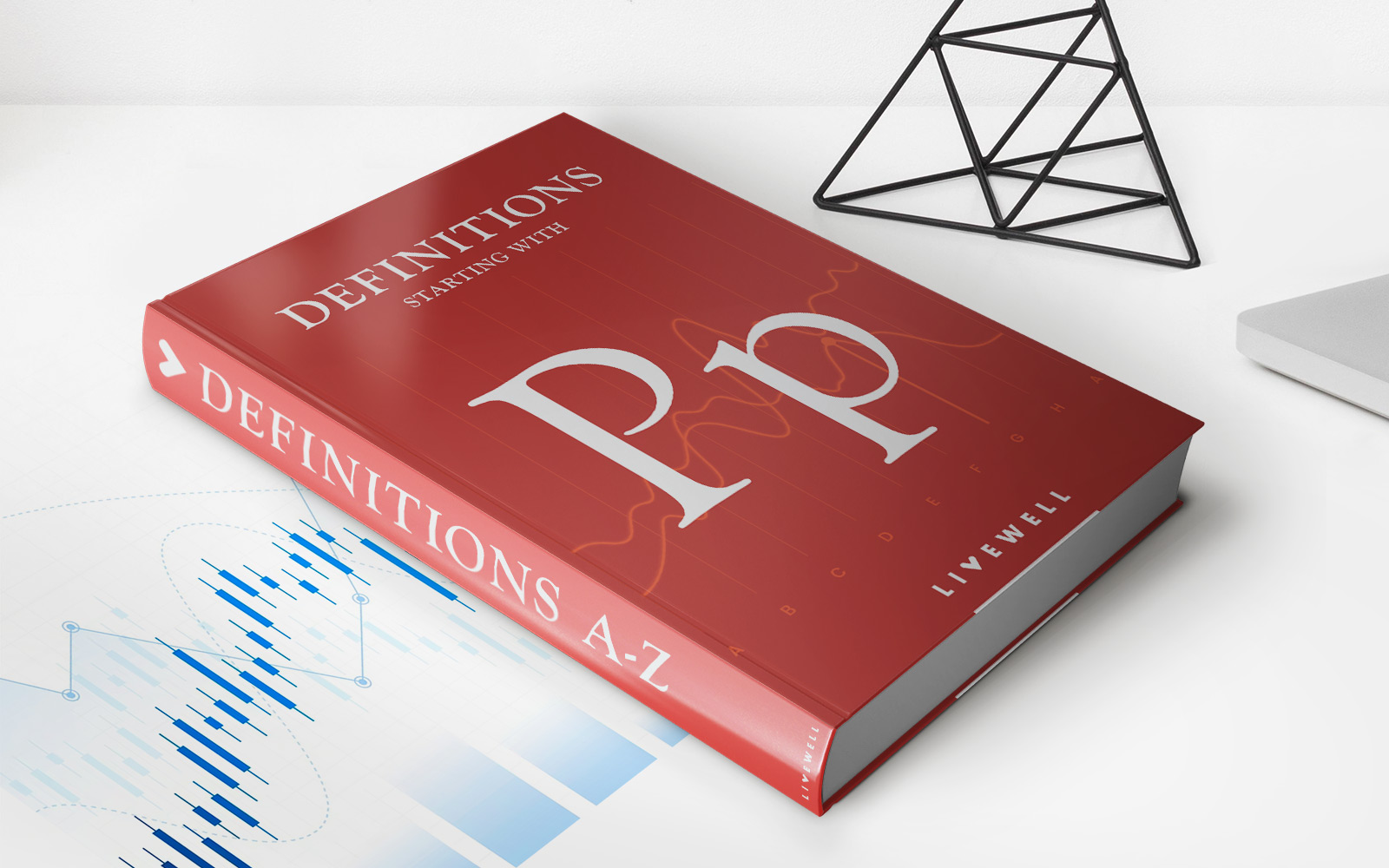Home>Finance>Non-Recourse Finance: Definition, Uses, Vs. Recourse Loan

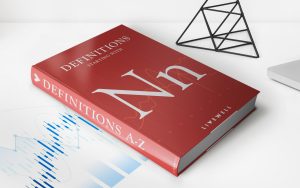
Finance
Non-Recourse Finance: Definition, Uses, Vs. Recourse Loan
Published: January 1, 2024
Learn the definition, uses, and differences between non-recourse finance and recourse loans in the world of finance. Explore the ins and outs of this essential financial tool.
(Many of the links in this article redirect to a specific reviewed product. Your purchase of these products through affiliate links helps to generate commission for LiveWell, at no extra cost. Learn more)
Exploring Non-Recourse Finance: Definition, Uses, Vs. Recourse Loan
When it comes to financing options, understanding the different types available can be crucial in making informed decisions for your business. One such option that often comes up is non-recourse finance. But what exactly is non-recourse finance, and how does it compare to a recourse loan? In this article, we’ll dive into the world of non-recourse finance, exploring its definition, uses, and differences compared to a recourse loan.
Key Takeaways:
- Non-recourse finance is a type of loan where the lender’s only claim to repayment is the collateral pledged, and they cannot pursue the borrower’s personal assets.
- Recourse loans, on the other hand, allow lenders to go after both the collateral and the borrower’s personal assets in case of default.
What is Non-Recourse Finance?
Non-recourse finance refers to a type of loan where the lender’s only claim to repayment is the collateral pledged by the borrower. In simple terms, if the borrower defaults on the loan, the lender can only recover their losses by seizing and selling the collateral. The lender cannot pursue the borrower’s personal assets to recover the remaining debt.
This type of financing is often used in specific industries or projects where the collateral itself holds significant value and can serve as a reliable source of repayment. Examples of non-recourse financing include real estate loans, equipment financing, and project financing.
Uses of Non-Recourse Finance:
Non-recourse finance can be beneficial in various situations where the borrower seeks to limit their personal liability, especially in risky ventures or when dealing with high-value collateral. Here are a few common uses of non-recourse finance:
- Real Estate Investments: Non-recourse loans are commonly used in real estate investments. Investors can secure financing for a property without putting their personal assets at risk. If the investment fails, the lender can only claim the property pledged as collateral.
- Project Financing: Large-scale projects often require substantial amounts of funding. Non-recourse finance allows project developers to secure loans based on the project’s assets and projected cash flows, limiting their personal liability.
- Equipment Financing: For businesses looking to acquire expensive machinery or equipment, non-recourse finance offers a way to get the necessary funding without putting other assets on the line.
Non-Recourse Finance vs. Recourse Loan:
Now that we understand non-recourse finance, let’s explore how it differs from a recourse loan:
A recourse loan is a type of loan where the lender can go after both the collateral and the borrower’s personal assets in the event of default. This means that if the borrower fails to repay the loan, the lender can seize the collateral and pursue the borrower’s other assets, such as their savings, home, or investments.
In contrast, non-recourse loans protect the borrower from personal liability beyond the collateral pledged. The lender can only recover their losses by seizing and selling the collateral, but they cannot pursue the borrower’s personal assets.
It’s important to note that the terms of recourse and non-recourse loans can vary depending on the jurisdiction and the specific agreements between the lender and borrower.
Conclusion
Non-recourse finance provides a valuable option for borrowers who wish to limit their personal liability when securing a loan. By understanding the definition, uses, and differences between non-recourse finance and recourse loans, businesses and individuals can make better-informed decisions when it comes to their financing needs. Whether it’s investing in real estate, financing a large-scale project, or acquiring essential equipment, non-recourse finance can be a viable option to explore.
